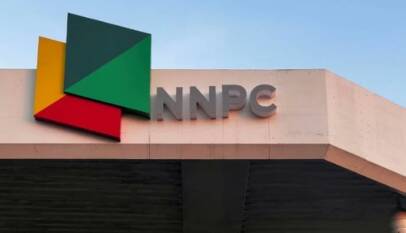
File photo: Mr. Farouk Ahmed, Chief Executive Officer, NMDPRA
The Nigerian Midstream and Downstream Petroleum Regulatory Authority (NMDPRA) has confirmed that the Kaduna Refinery project is now 81% complete.
This update was shared by the Chief Executive Officer of NMDPRA, Farouk Ahmed, during an event on Tuesday.
He highlighted that the project aims to reduce fuel imports and shield the economy from the volatility of global crude oil prices.
“Kaduna Refinery’s overall progress is 81.1% and we have broken it down into work packages. One thing that is peculiar about Kaduna Refinery is that even if the refinery reaches 100% completion, we also have to consider the state of the pipeline. So, obviously, that is another major project,” he stated.
Ahmed added that the development aligns with the Authority’s strategic focus on strengthening domestic refining capabilities, which is seen as critical to achieving long-term energy stability in Nigeria.
He noted that the authority continues to oversee and support both modular and large-scale refinery projects across the country.
The Chief Executive Officer also highlighted that the Kaduna refinery is one of several key assets being restored, alongside the Warri and Port Harcourt, along with private plants like the Dangote Refinery, which is increasing production.
Ahmed explained that increasing Nigeria’s refining capacity will significantly benefit the economy by reducing its reliance on imports and exposure to global oil prices swings influenced by geopolitics and policy changes especially from major players like the United States.
He noted that while falling global oil prices may appear favorable for consumers, they significantly reduce government revenue, which is largely dependent on crude exports. With1.4 million barrels per day, price drops lead to revenue losses.
NMDPRA’s Executive added that the authority oversees crude refineries, modular plants, petrochemical and gas facilities, and distribution systems and of Nigeria’s 10 licensed refineries with a 1.2 million bpd capacity, only about 57.8% are currently operational due to various challenges.




























